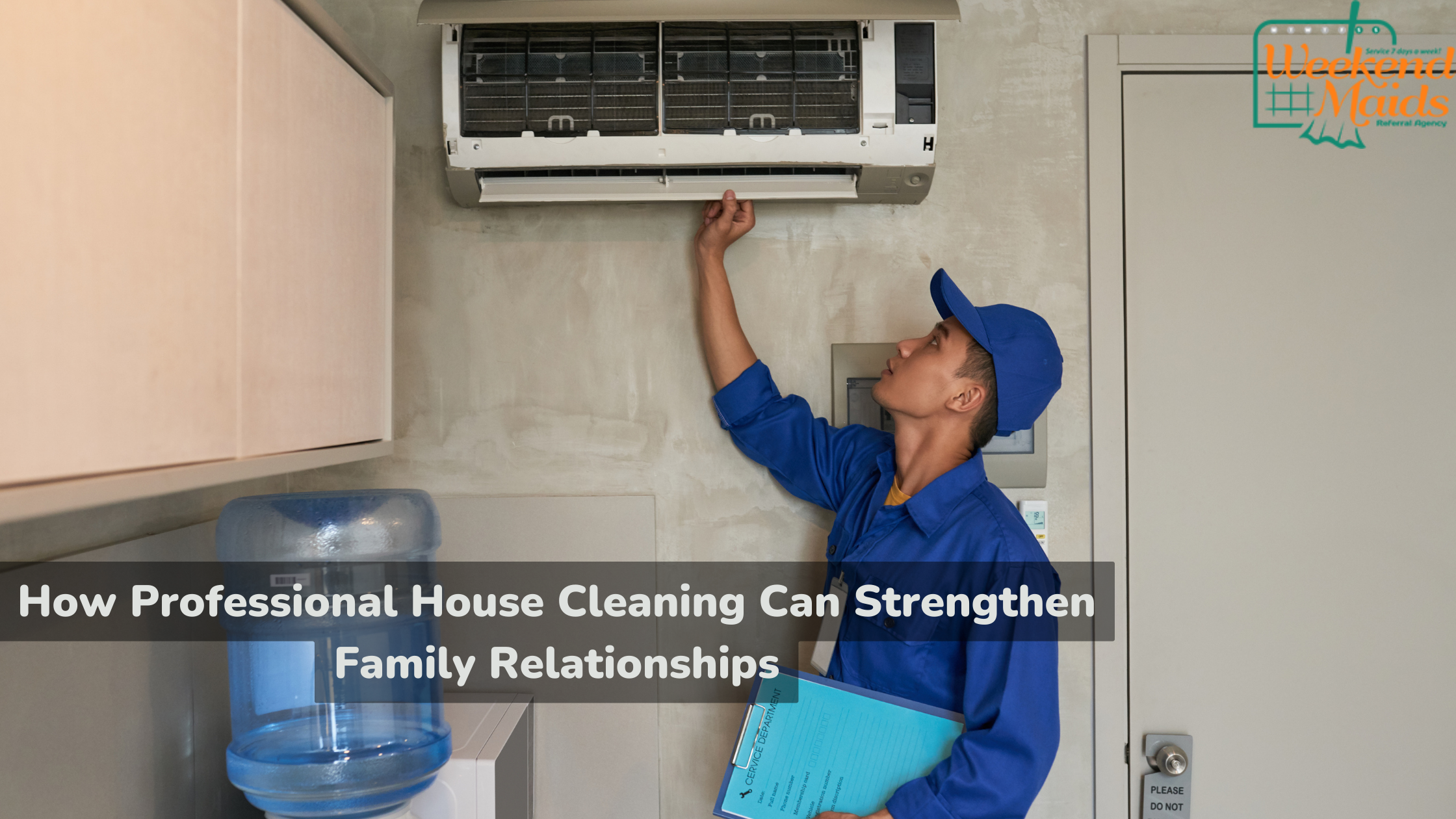
Breathe Fresh: The Importance of Regularly Changing Air Conditioning Filters
As homeowners, we often prioritize the cleanliness and maintenance of our living spaces. However, one crucial aspect that is often overlooked is the regular changing of air conditioning filters. These filters play a vital role in maintaining indoor air quality and the overall performance of our cooling systems. In this blog post, we will delve into the significance of regularly changing air conditioning filters and how it contributes to a healthier, more efficient home environment.
The Importance of Indoor Air Quality:
- Healthier Living Environment: Indoor air quality has a direct impact on our health and well-being. Air conditioning filters help trap dust, pollen, pet dander, mold spores, and other airborne particles that can trigger allergies and respiratory issues. By regularly changing filters, you ensure that the air circulating in your home remains clean and free from harmful contaminants, promoting a healthier living environment for you and your family.
- Allergy and Asthma Management: For individuals with allergies or asthma, maintaining clean indoor air is essential. Airborne allergens can exacerbate symptoms and cause discomfort. Regularly changing air conditioning filters helps reduce the presence of allergens in your home, providing relief to those who suffer from respiratory conditions and creating a more comfortable living space.
The Benefits of Regularly Changing Air Conditioning Filters:
- Improved Energy Efficiency: Clogged or dirty air filters hinder the airflow in your air conditioning system, forcing it to work harder to maintain the desired temperature. This increased strain leads to higher energy consumption and reduced efficiency. By regularly changing filters, you allow the system to operate optimally, improving energy efficiency and potentially lowering your utility bills.
- Prolonged HVAC System Lifespan: A well-maintained HVAC (Heating, Ventilation, and Air Conditioning) system lasts longer and operates more reliably. When air conditioning filters become clogged, dirt and debris can accumulate within the system, causing strain on the components. This can lead to premature wear and tear and potential breakdowns. Regularly changing filters helps keep your HVAC system in good condition, prolonging its lifespan and minimizing the need for costly repairs or replacements.
- Enhanced Cooling Performance: Clean air conditioning filters allow for proper airflow, ensuring that cool air is evenly distributed throughout your home. Restricted airflow due to dirty filters can result in uneven cooling, hot spots, or a general decrease in cooling performance. By regularly changing filters, you optimize the effectiveness of your air conditioning system, providing consistent and comfortable temperatures in every room.
How Often Should Filters Be Changed?
The frequency of filter changes depends on several factors, including the type of filter, the number of occupants in the home, and the presence of pets or allergies. As a general guideline, it is recommended to change standard air filters every 30-90 days. However, homes with pets or allergies may require more frequent changes, typically every 20-45 days. High-efficiency filters may have a longer lifespan, but it’s important to follow the manufacturer’s recommendations for optimal performance.
Regularly changing air conditioning filters is a simple yet essential task that has far-reaching benefits for your home and well-being. By maintaining clean filters, you improve indoor air quality, manage allergies and asthma symptoms, enhance energy efficiency, prolong the lifespan of your HVAC system, and ensure optimal cooling performance. Make it a habit to prioritize filter changes and breathe fresh, clean air in your home. Your health, comfort, and HVAC system will thank you for it.
